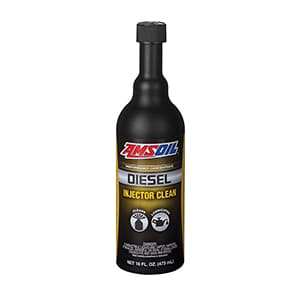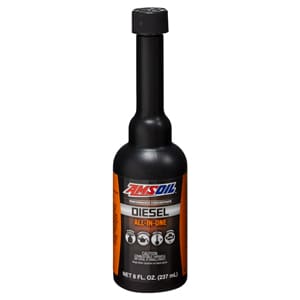In the realm of diesel engines, the sight of black smoke billowing from the exhaust isn’t just a visual nuisance; it’s a cry for help from your vehicle. Modern diesel engines, when operating correctly, should not emit black smoke. Yet, the phenomenon persists, partly fueled by the diesel enthusiast culture embracing “rolling coal.” This trend, stemming from competitive truck pulls, involves modifying vehicles for increased power and deliberately emitting thick black smoke. While it might be a badge of honor for some, it often signals underlying issues needing attention. From fuel delivery problems to dirty air filters and failing turbochargers, the causes are varied but not insurmountable. Let’s dive into understanding this issue better and explore how to keep your diesel engine running clean and strong.

Understanding Black Smoke from Exhaust in Diesel Engines
At its core, black smoke from a diesel engine indicates incomplete combustion of diesel fuel. This incomplete combustion can be due to several factors, each affecting the engine’s performance and efficiency. Unlike normal exhaust emissions, which are relatively clean in well-maintained diesel vehicles, black smoke is rich in carbon particles — a direct result of fuel not being burned completely.
Common Reasons for Black Diesel Smoke

Several culprits can be behind the unwelcome black smoke. Issues with fuel delivery, such as dirty or faulty injectors, lead the charge. Clogged air filters starve the engine of the air needed for complete combustion, while a failing turbocharger can’t provide the necessary boost. Additionally, carbon deposits in fuel injectors and the combustion chamber further exacerbate the problem, hindering efficient fuel combustion.

Impact of Black Smoke on Engine Functionality
Beyond being an environmental and visual nuisance, black smoke emissions can severely impact engine performance, efficiency, and health. It’s a sign that the engine is not operating optimally, leading to increased fuel consumption, reduced power output, and potentially, significant engine damage over time.
Troubleshooting Steps for Black Smoke
Addressing black smoke from your diesel engine isn’t just about restoring its appearance; it’s about safeguarding its performance and longevity. The following steps can help identify and fix the problems causing black smoke.

Cleaning and Maintenance Tips
Regular maintenance is key to preventing black smoke. This includes keeping air filters clean and free of debris, ensuring fuel injectors are functioning correctly, and removing carbon deposits from the combustion chamber. Such practices not only minimize emissions but also enhance engine performance.

Using Diesel Fuel Additives for Smoke Reduction
Incorporating high-quality diesel fuel additives like AMSOIL Diesel Injector Clean can significantly reduce carbon buildup and black smoke emissions. Products like AMSOIL Diesel All-In-One and AMSOIL Diesel Injector Clean + Cetane Boost cleanse injectors, minimize emissions, and boost engine performance, ensuring your diesel engine runs cleaner for longer.
Conclusion
Black smoke from the exhaust of diesel engines is more than an aesthetic issue; it’s a red flag indicating underlying problems that demand immediate attention. From regular maintenance routines to the utilization of diesel fuel additives like AMSOIL, tackling black smoke effectively involves a comprehensive approach. Addressing these issues promptly not only preserves the engine’s efficiency and performance but also contributes to a cleaner, healthier environment.

*All trademarked names and images are the property of their respective owners and may be registered marks in some countries. No affiliation or endorsement claim, express or implied, is made by their use.
